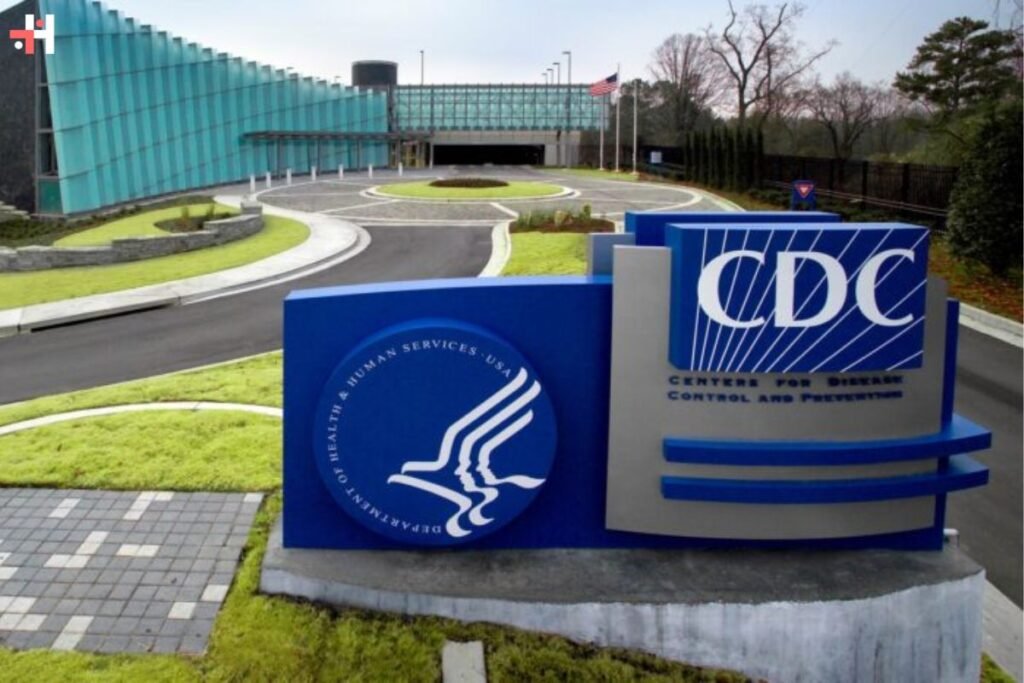The Centers for Disease Control and Prevention (C.D.C.) has revealed alarming data indicating a resurgence of measles cases in the United States. With a total of 64 reported cases so far this year, surpassing the entire count of 58 cases recorded in 2023, health officials are urging heightened vigilance and proactive measures to contain the spread of the highly contagious virus.
Measles Resurgence
Despite significant progress in measles control and vaccination efforts, the recent surge in cases underscores the persistent threat posed by the virus. Dr. Demetre Daskalakis, director of the National Center for Immunization and Respiratory Diseases at the C.D.C., emphasized the importance of remaining vigilant in the face of this resurgence. While vaccination rates in most communities provide robust protection, the uptick in cases serves as a stark reminder of the ongoing battle against infectious diseases.
Several factors have contributed to the resurgence of measles cases, including international travel, vaccine hesitancy, and disruptions in routine childhood vaccinations due to the COVID-19 pandemic. Cases reported in the U.S. this year have been linked to outbreaks in countries such as Britain, Austria, and the Philippines. Moreover, the decline in childhood vaccination rates, coupled with increasing vaccine hesitancy, has left certain populations vulnerable to measles infection.
Impact of Vaccine Hesitancy
Vaccine hesitancy has emerged as a significant barrier to measles control efforts, with some parents opting out of routine childhood vaccinations. Dr. Paul Offit, a vaccine expert at the Children’s Hospital of Philadelphia, highlighted the importance of maintaining high vaccination coverage to achieve community immunity. However, state-required vaccinations among kindergartners have declined in recent years, leaving a considerable number of children susceptible to measles infection.
Measles poses serious risks to public health, particularly for unvaccinated individuals and those with compromised immune systems. The disease can lead to severe complications, including pneumonia and brain swelling, which may result in hospitalization or even death. Health experts stress the importance of vaccination in preventing measles outbreaks and protecting vulnerable populations from the disease’s devastating effects.
Concern in measles cases across the U.S.
Geographic Spread
Measles cases have been reported across multiple U.S. states, indicating the widespread nature of the resurgence. States including Arizona, California, Florida, and New York have reported cases, highlighting the need for coordinated efforts to contain the spread of the virus. However, challenges persist in addressing outbreaks, with some states facing conflicting guidance on vaccination policies amid ongoing outbreaks.
Vaccination remains the most effective strategy for preventing measles and safeguarding public health. The C.D.C. recommends two doses of the measles, mumps, and rubella (MMR) vaccine for optimal protection against the virus. Parents are encouraged to adhere to vaccination schedules and consult with healthcare providers regarding the immunization of their children. Additionally, the C.D.C. has issued advisories recommending vaccination for travelers, particularly those planning international trips.
Also Read: Surge in Measles Cases Sparks Concern Over Anti-Vaccine Movement
Importance of Pediatric Consultation
Health officials emphasize the importance of open communication with pediatricians regarding vaccination decisions. Direct engagement with healthcare providers can address concerns and provide accurate information on the benefits of vaccination. Dr. Daskalakis emphasizes the need for ongoing efforts to promote vaccine confidence and combat misinformation, particularly in the aftermath of the COVID-19 pandemic.
The resurgence of measles cases in the United States underscores the critical importance of vaccination in protecting public health. While challenges persist in addressing vaccine hesitancy and containing outbreaks, concerted efforts by healthcare providers, policymakers, and communities are essential to mitigate the spread of the virus. By prioritizing vaccination and fostering trust in immunization programs, we can work towards a future free from the threat of preventable infectious diseases like measles.










